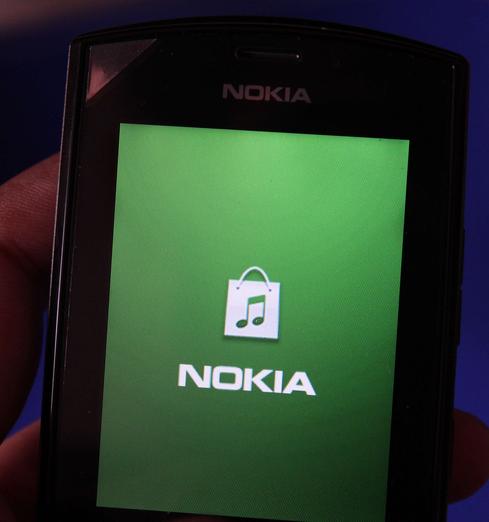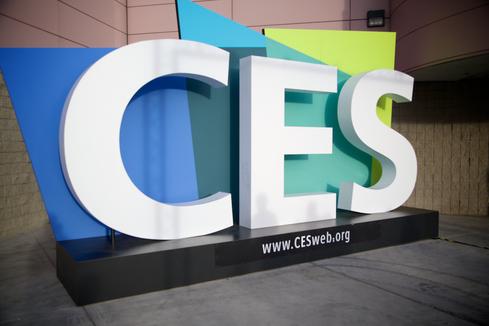Nokia is expected to debut an Android smartphone later this month to target emerging markets.


CES 2014: 8 Technologies To Watch
CES 2014: 8 Technologies To Watch (Click image for larger view and slideshow.)
Nokia is ready to introduce its first smartphone based on Google's Android platform, according to a report published by The Wall Street Journal. At first blush, this seems like an unlikely move for a company about to be acquired by Microsoft, maker of the Windows Phone platform. Surely there's a method behind Nokia's madness.
The Journal reported that Nokia will debut the Android device at a press conference on February 24 at the Mobile World Congress trade show. Nokia will not position this Android device at the top of the smartphone market, but rather as a low-cost handset to be sold on the cheap. Nokia will stick to Windows Phone for its top-of-the-line Lumia smartphones.
Further, Nokia plans to fork Android. Instead of using the ASOP version of Android with Google Play Services on board, the new Nokia smartphone will run a heavily modified version of Android (similar to how Amazon has changed Android for its Kindle tablets). Google's apps and services will be replaced by Nokia-made apps, including an app store, email, HERE Maps, MixRadio, and more. This is significant and tells us exactly why Nokia is adopting the number-one smartphone platform in the world.
[Will Nokia's Android strategy help it gain much-needed momentum in the smartphone market? Read Nokia Smartphone Sales Dip Ahead Of Microsoft Buyout.]
Nokia's Asha platform can't compete with Android in emerging markets, which are adopting Android at a dizzying rate. Windows Phone can't compete either, because its hardware requirements are too expensive. With Asha and Windows Phone stalling in emerging markets, Nokia needs an alternative.
Nokia considers Asha a "smart device" platform, but that's a stretch. Asha was born from the ashes of Nokia's Series 40 platform, which is based in Java. While Nokia has dramatically improved the underlying code and given Asha near-smartphone strength, it still falls short of what Android is capable of. Asha is being eaten alive in key mass-volume markets such as India, China, and other Asia-Pacific countries. First-time smartphone buyers find the entry-level devices being churned out by firms like Coolpad, Huawei, LG, Samsung, and ZTE too good to pass up.
For that reason, it makes sense for Nokia (and Microsoft) to adopt Android -- at least for high-volume devices.
Nokia used to be the world leader in both smartphones and feature phones. Not anymore. Competing firms from Asia have completely eroded Nokia's market share around the world. Nokia needs to regain some of that lost volume, and the only way it can do that is by offering phones that users in emerging markets want to buy. Right now, that means Android. Nokia would do well to junk Asha (the OS, not necessarily the brand) entirely. If Nokia and Microsoft can successfully transform their Asha-branded hardware to stand for Android, it may win back sales.
If you're dreaming of a smartphone such as the Lumia 1520 with Android inside, forget it. Microsoft and Nokia will stick with Windows Phone when it comes to top-line hardware. Windows Phone may have only about 4% of the global smartphone market, but both Microsoft and Nokia expect that to improve once Microsoft has absorbed Nokia's handset business.
Tech Marketing 360 is the only event dedicated to technology marketers. Discover the most current and cutting-edge innovations and strategies to drive tech marketing success. Hear from and engage with companies like Mashable, Dun & Bradstreet, ExactTarget, IDC, Microsoft, LinkedIn, Oracle, Leo Burnett, Young & Rubicam, Juniper Networks, and more -- all in an intimate, upscale setting. Register for Tech Marketing 360 today. It happens February 18-20, 2014, in Dana Point, Calif.
About the Author(s)
You May Also Like







